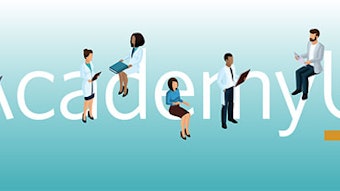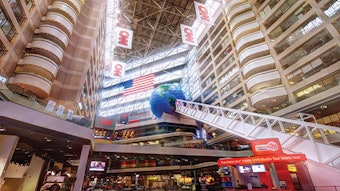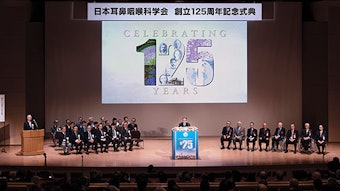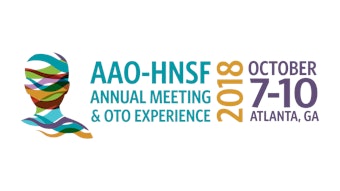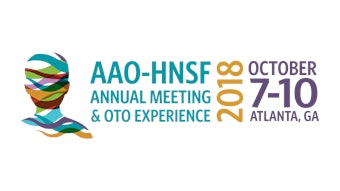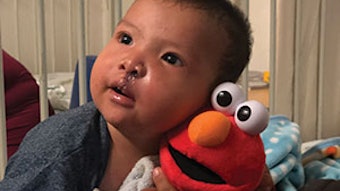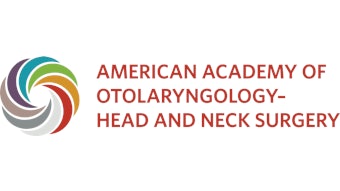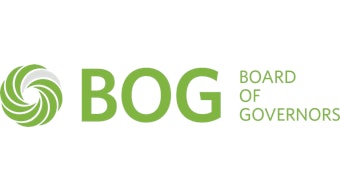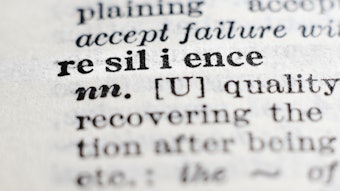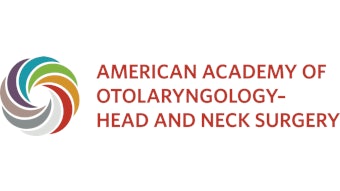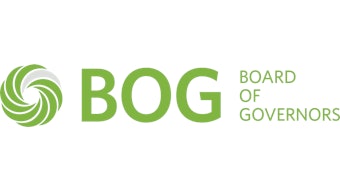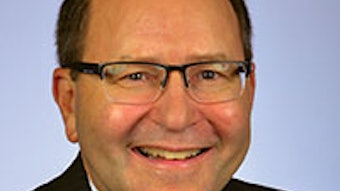Professionalism and humanitarianism
Throughout history, medicine has advanced faster and faster, and with it the capacity not just to overcome sickness, but to transform the nature of life itself. From the clearly defined conviction of the Hippocratic Oath to the complex, perplexing, and confounding ethical dilemmas of modern-day medicine, we strive to continue to enhance the art, culture, and science of medicine to the benefit of mankind.
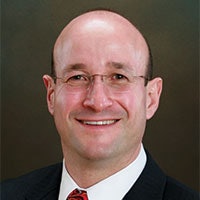 Gavin Setzen, MD
Gavin Setzen, MD
AAO-HNS/F Past President
We live and work in a digital era and the Internet of Things where augmented reality, virtual reality, machine learning, and artificial intelligence (AI) are proliferating, impacting healthcare education, reform, and delivery. While there is much excitement and promise in the contemporary evolution of healthcare, there is also some concern about the potential negative impact that these advances might have on the doctor-patient relationship … our core contract with our patients.
I believe that these concerns are somewhat tempered by the widely held view that AI cannot supplant human intelligence and our marrow-deep commitment as physicians and clinicians to properly care for our patients and those less fortunate than us around the world.
For the purposes of this article, I would like to suggest an alternative definition for the acronym AI—Altruistic Inclination, something I believe is inherently important to those pursuing a career in healthcare. We are blessed to live and work in a country where, for the most part, resources are plentiful, and most patients have access to healthcare. We are also fortunate to have access to many educational opportunities, including those that prepared us for a career in medicine and the healing arts. It is also important to remember that access to healthcare technology and basic needs for providing care are not available on a global basis.
We have a unique opportunity to further our altruism and humanism. Humanism has been defined as encompassing a spirit of sincere concern for the centrality of human values in every aspect of professional activity. Caring for our fellow human beings requires sensitivity and empathy, coupled with kindness, concern, and compassion for those near and far, in the United States and globally, consistent with the AAO-HNSF vision.
Imagine turning patients away because you don’t have surgical gloves to treat them or not being able to perform life-changing surgery on a child because you don’t have the correct instruments or supplies. This happens every day in places around the world. But you can help to change that.
The AAO-HNSF is spearheading a medical supplies and device donation drive in conjunction with the AAO-HNSF 2018 Annual Meeting & OTO Experience. This humanitarian effort, which runs from now through December 31, 2018, is being done in collaboration with MedShare, headquartered in Atlanta, Georgia, dedicated to improving the “quality of life of people, communities, and our planet” by sourcing and directly delivering surplus medical supplies and equipment to communities in need around the world.
The AAO-HNSF Otolaryngology United for Global Patient Care initiative encourages members to contribute to this donation effort. This further highlights the AAO-HNSF commitment to improving global otolaryngology care in communities around the world.
Eugene N. Myers, MD, Past President of the AAO-HNSF and founding AAO-HNSF International Coordinator, said, “Help is always needed in hospitals and clinics around the world, and we need to encourage ways to provide that assistance. Not only do we have to get the word out that being generous and being a humanitarian feels good, but we have to inform members that there are mechanisms by which doctors can be generous and partake in these humanitarian efforts. I admire what the Foundation is doing.”
Mark E. Zafereo, MD, Chair of the AAO-HNSF Humanitarian Efforts Committee, added that “We have a real opportunity to respond to a global need by eliminating waste and sharing our resources with our international colleagues abroad.”
These sentiments are at the heart of this endeavor, initiated by the Humanitarian Efforts Committee. However, the involvement and participation of the entire specialty—We Are One—is needed for it to succeed. There are a number of ways you can donate to this effort via MedShare’s three regional distribution centers across the U.S.
Use the form at www.medshare.org/donate-medical-supplies/ to get started and be sure to name the AAO-HNSF drive on the form.
We are blessed; wake up every morning and vigorously pursue your passion, your mission, and your vocation in life. And take this opportunity to further your charitable endeavors and make an impact, even a small difference in someone’s life miles away … continuous, never-ending opportunities to heal the world!
—Psalms 106:3
